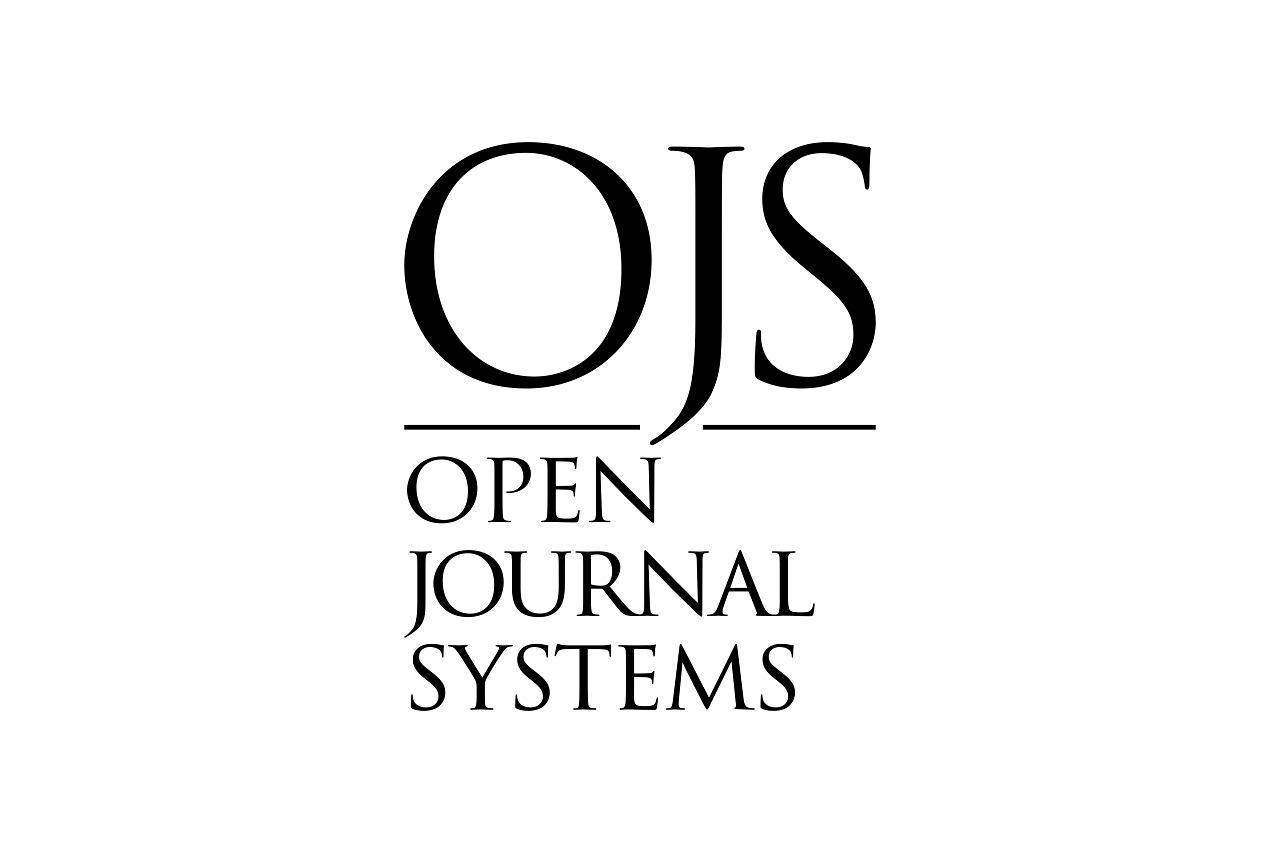The World Trade Organisation and developing countries: power asymmetries
Keywords:
World Trade Organisation, GATT, trade liberalization, Doha roundAbstract
This paper discusses the relevance of the World Trade Organisation in trade liberalization processes and makes a particular emphasis on power distribution in the organization between developed and developing countries. The domination of the rich countries within the framework of the General agreement on tariffs and trade (GATT) - the predecessor of WTO - left a mark on the power distribution within WTO and predetermine d the trajectory of its development for years to come. The inequality among countries in terms of political and economic power, technical and institutional capacity has been persistent ever since establishment of WTO which to a particular extent explains the deadlock of the current Doha round of negotiations. The paper having examined the participation of developing countries in the global trade negotiations sheds light onto the challenges and opportunities existing for the developing world and concludes that without creating coalitions particularly the least developed countries will likely remain unheard in global trade talks.
 : 463
: 463
 : 31
: 31



















